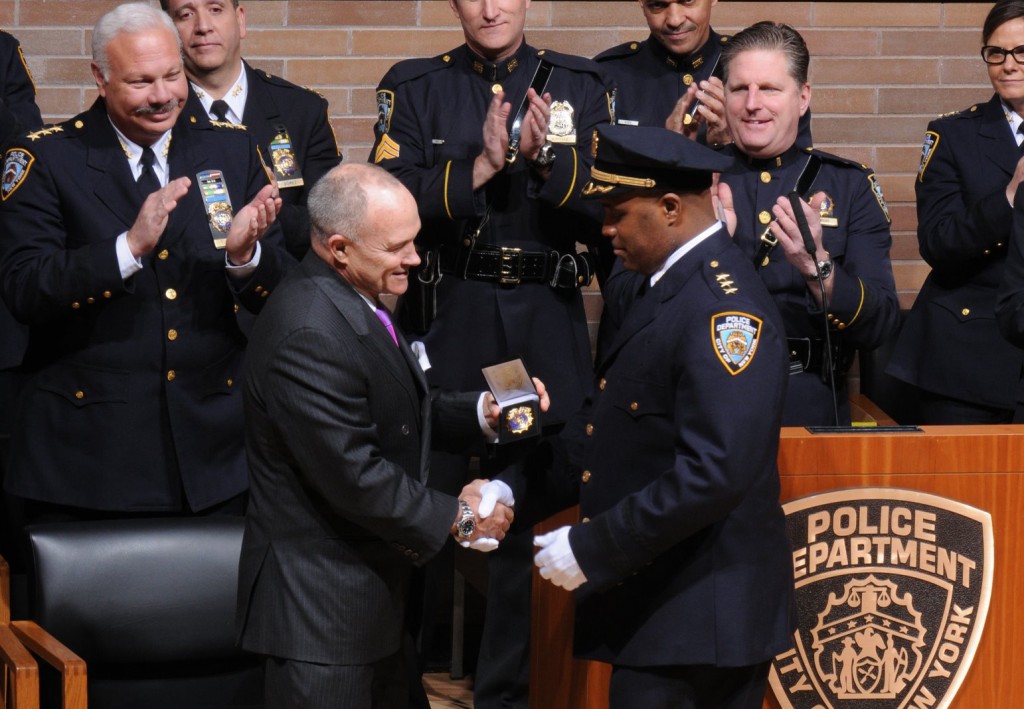
After serving with the 81st Precinct since 1986, on March 27 Philip Banks III was appointed as the new chief of the New York Police Department — the second African-American in NYPD history to be appointed.
Banks was promoted because of his commitment to the safety of the city, his ability to lead, but most prominently for his ability to connect with the community. He previously held the position of NYPD chief of community affairs.
According to nyc.gov, “Chief Banks will develop and implement policies [and] programs that help foster positive police/community relations in New York City’s many diverse communities.”
“We have to keep this city safe,” Banks said. “And when I say we, I don’t mean just the New York City Police Department. It’s not just an ‘us’ job. It’s everybody in New York City.”
Banks said he believes empowering the community to collaborate with the NYPD will further reduce New York City’s crime rates, which are already at historic lows.
But challenges still exist, particularly in the community’s relations with the NYPD — the controversy over stop-and-frisk, for example. Banks said he believes it can be used correctly and that people do not usually see the policy as the problem. Instead, people have issues with the politeness of the police and possible targeting of minority groups.
Banks said he was once stopped and frisked as a college student, and he stated that he disliked the encounter because of the police officers’ attitudes. While Banks sees the policy as a useful tool, he also does not want to see it alienate the NYPD from the community.
CBS reported that at the promotion ceremony, NYPD Commissioner Ray Kelly said Banks is “an exceptional field commander, a skillful manager of police personnel and operations and a consummate builder of community relations.”
NYU students, who sometimes rely on the NYPD in addition to NYU security, express the need for a strong relationship with the police department.
Susan Lee, a freshman in Global Liberal Studies who was mugged outside of the Silver Center, said she was shaken up and petrified immediately after her experience and that the security officer offered more of a tough love comment rather than real consolation. However, when she called the police, two NYPD officers showed up immediately.
“I guess the most important part is that they tried really hard to make me feel better,” Lee said.
Even though the encounter did not quite give her the assurance she wanted at the time, now she feels relatively safe on campus, at least during the day.
In an interview with The New York Times, Banks recognized the responsibility of working to improve NYPD relations to make New York City safer.
“I’m in a big seat. It’s a big chair,” he said. “I’m 100 percent confident I can handle the assignment.”
A version of this article appeared in the Thursday, April 4 print edition. Jacqueline Hsia is a contributing writer. Email her at c[email protected].






















































































































































